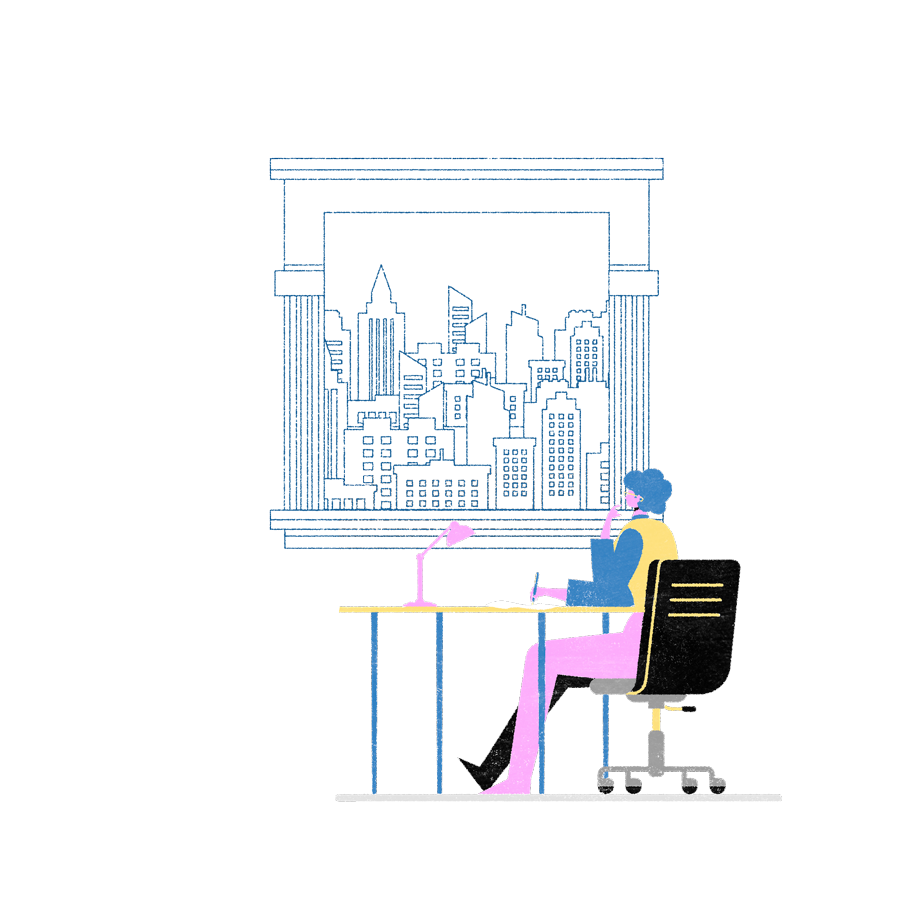Cultivating a Scholarly Voice
University Writing is a one-semester seminar designed to facilitate students’ entry into the intellectual life of the university by teaching them to become more capable and independent readers and writers who can express themselves with grace and clarity. It is through writing that students can move from being passive learners to active participants in an intellectual community. The course emphasizes habits of mind and skills that foster rhetorical awareness, analysis, argument, revision, collaboration, meta-cognition, and research. The course is structured in four carefully designed pedagogical sequences, each of which teaches students to write a particular essay. Students read and discuss texts from a number of fields, complete regular informal reading and writing exercises, provide responses to colleagues, and devise a research-based writing project.
The Principles that Inform the University Writing Curriculum?
- Writing is a powerful mode of inquiry: Writing is not just a way of recording pre-existing ideas. It can also help us discover, explore, and reflect on our values, beliefs, assumptions, and knowledge.
- Reading and writing are related and mutually reinforcing activities: Most capable readers are competent writers, and conversely, most accomplished writers are avid readers. By helping students become better readers, we also help them become better writers. Therefore, the course emphasizes reading as much as it does writing. Students use their close reading skills to generate ideas for their own essays, analyze their writing, and critique peers’ drafts.
- Writing is rhetorical: Writing does not occur in a vacuum. It always exists in some discursive context, and it must be evaluated in that context.
- Writing is a recursive process: Writing is not one thing and it does not usually occur in linear fashion, from idea to final product. It is a complex process incorporating a variety of activities: note-taking, planning, drafting, revising, and editing. We would also include reading and thinking, since these activities are inseparable from the act of writing. Our program aims to help students develop and refine individual writing processes that work for them.
- Writing is a practice for learning and teaching: Writing is not something that occurs solely by inspiration. It is a process of active and conscious making that can be learned through repetition, error, and instruction. Writers learn to write by writing, and writing figures prominently in every class session, not merely as a topic of discussion but as a daily activity in class.
- The writer is responsible: Effective writers are able to make independent judgments and decisions about their work. Developing writers must learn to assess the advice they are given by others and to take final responsibility for the choices they make in crafting their texts. They also follow conventions to incorporate sources and to distinguish their original thinking and research from those of their sources.
- The essay is a flexible genre that requires inquiry, argument, and reflection: Writers work within genre conventions and traditions. Developing writers in educational settings benefit from situating their work within recognizable genres that bridge the worlds inside and outside of school. The essay provides teachers and students in first-year writing courses with such a genre. The essay as a genre is one in which writers report (and sometimes recreate) their encounters with texts and phenomena in order to offer an argument that is new to them.
The Essays
The first three essays build in complexity and length; the final requires students to substantively reframe and revise an earlier argument in an entirely new form.
Essay 1: Students engage a single text in order to analyze and critique it based on the criteria it sets for itself. (~1500 words)
Essay 2: Students develop and situate an idea of their own in relation to the arguments of several other thinkers on a central question or problem. (~1800-2000 words)
Essay 3: Students synthesize the lessons of the first two essays as they pursue a research and writing project on a subject of their choice within a shared class theme. (~2400-3000 words)
Essay 4: Students revise and recast one of the first three essays as they write an op-ed to present to a wider public audience OR take up a new topic entirely. (~750 words)
What Our Students Are Writing
University Writing students have published approximately 250 op-eds since we began assigning the essay genre as the fourth and final essay undergraduates write in the class in 2011.
Op-eds written in University Writing have been published in:
- National U.S. news outlets (i.e., USA Today, Fox, CNN, New York Times, Washington Post, Salon, Huffington Post, the Atlantic)
- Hometown newspapers (i.e., Cleveland Plain Dealer, Kansas City Star, Denver Post, Florida Sun Sentinel, Baltimore Sun, New York Daily News)
- Special interest publications (i.e., Marine Corps Times, The Hill, The Forward, Sports Digest, History Today, the LGBT publication The Advocate, STAT for healthcare professionals)
- International publications (i.e., South China Morning Post, Japan Times, The Moscow Times, the Swiss edition of The Local, Canada’s Globe and Mail, India America Today, Ethiopia’s Satenaw News)
- University newspaper: The Columbia Daily Spectator
